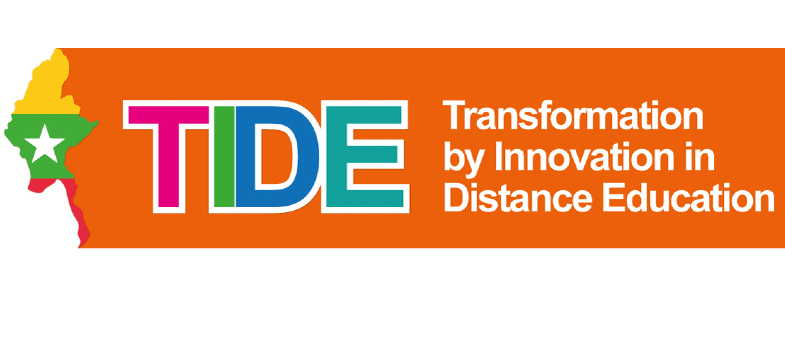Find out more about Participating Senior and Junior Students in Laboratory Teaching
Context:
In our undergraduate level electronics laboratory teaching, about 50 students do practicals at the same time and at the same room. Well trained staff are needed for electronics classes. But the availability of technicians to give laboratory assistance is not enough for these practical classes. So we requested the assistance of senior students to help with these classes.
Activity aims:
- To provide laboratory assistance and to run practical time and discussions with students effectively
- To assist students to understand the theoretical concepts by doing experiments
- To provide opportunities for seniors to get laboratory training and management knowledge.
- For the senior students the opportunity to help juniors to learn can consolidate their own prior learning.
Why the activity was developed:
The activity was developed because the teacher and students need well trained laboratory staff. We also hoped to develop leadership skills for the seniors. We asked seniors to assist by preparing apparatus, collecting background theory, studying the instructions they are prepared to assist juniors during the class. We also asked them to share their previous experiences and discuss with each other how to do the experiments. We saw this also as an opportunity for seniors to get laboratory training which will be helpful for them in terms of job opportunities. Student team working also helps with employability skills. So our solution to the narrow problem of laboratory staffing has many wider advantages.
The activity:
Volunteer senior students were recruited so that there would be one senior volunteer for each five junior students. The teacher organizes the seniors who want to help. The teachers need to train the senior students each week and guide what to do and how to do. And the teacher need to support the teaching aids, practical apparatus and instructions. The teacher will give suggestions to improve self-study. During the practical, the senior guide the juniors and work together. This activity is more effective for practical time. Importantly, we have solved problem of not enough laboratory assistance. For health and safety, the University Red Cross Association opened first aid training course.
Feedback on the activity from students:
We took feedback from both groups, senior and junior, by speaking with them.
- The seniors commented that their involvement had meant that they were more confident and prepared for challenges in lab room, such as unexpected errors and group competitions. Before each laboratory class, they study the topics carefully so that they can give accurate advice, so they find that understand the subject more and more. They get knowledge and they can change mind set for learning such as experimental based teaching is more interesting, it motivate creative thinking, working together gets new ideas for experiments.
- The juniors commented that they get helpful assistance and they can discuss in a friendly way some difficult issues. They all think that what to learn, why to learn and how to learn is now more effective, due to working with others in groups with the guidance of senior students.
Strengths and weaknesses:
The seniors have developed their leadership skills, communication skills and problem-solving skills.
For the juniors, the classes had appropriate assistance and this helped the juniors to learn effectively.
From the feedback survey, we noticed some weak points:
- some seniors are weak in practical skills
- some are good in practical skills but they cannot explain things well to other students
- sometimes we get unexpected error in apparatus, so the teacher needs to be alert to this.
Keywords: sharing knowledge; group work; practical tools; laboratory teaching; skills development; active learning
Download this case study
